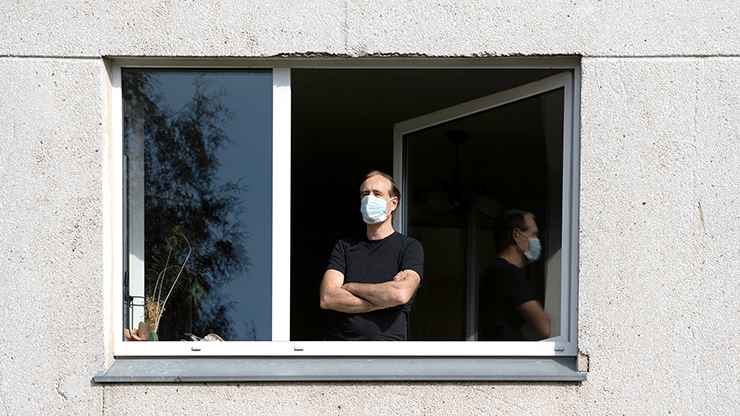
COVID-19
COVID-19 brought change to many aspects of our working and family lives and, likewise, all of Eurofound’s research areas have been marked by COVID-19. The Agency rolled out several rounds of the now landmark Living and Working in the EU online survey to analyse the rapid change that ensued after the outbreak of the pandemic. Simultaneously, the analyses in existing surveys and other research have specifically looked at the impacts of the pandemic across the board.
The long-term impacts of the pandemic on life and the world of work continues to be a part of upcoming research, looking at labour market change, how digitisation has changed the workplace, how COVID-19 has impacted business continuity and how crises impact equality and cohesion in Europe.






































